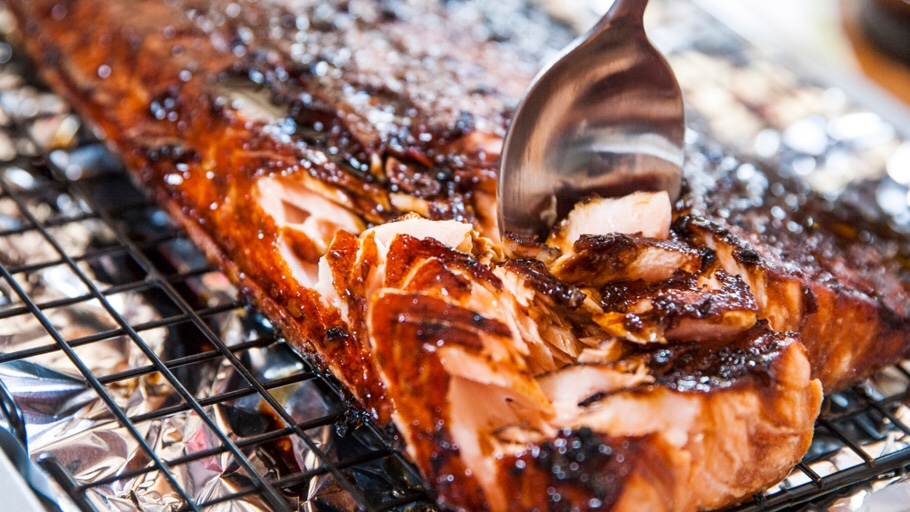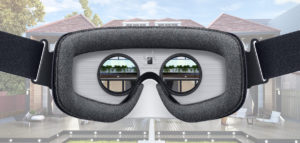Be Careful with BBQs this summer

As the UK’s scorching temperatures continue through July, new research from the CO Be Alarmed! campaign – published today – reveals that millions of Britons could be at risk this summer because three quarters of them don’t know that barbecues can lead to CO poisoning when not used correctly.
In addition, the research also shows that, worryingly, most people would fail to identify the symptoms of CO poisoning.
Nearly half of Britons are planning to have a barbecue this summer but, despite the potentially fatal consequences of CO poisoning, people are more aware of other risks such as burns, food poisoning and accidents with barbeque implements.
CO Be Alarmed! has come up with these easy to follow steps on how to stay CO Safe this summer:

· Don’t bring your barbeque into an enclosed space – for example inside a tent or your home. Even when extinguished it will still produce fumes for some time.
· Always make sure you are in a well-ventilated area when using a barbecue or a gas stove and follow the manufacturers’ safety instructions.
· If camping, make sure you have an audible carbon monoxide alarm which you can get from DIY stores, high street shops and online.
· Carbon monoxide is known as the ‘silent killer’ because you can’t see it, smell it or taste it, so make sure you know the symptoms – headaches, dizziness, nausea.
Abbie Sampson, Director of External Affairs at Energy UK and CO Be Alarmed! spokesperson, said:
“In this glorious summer weather, it is scary that three quarters of people are not aware of the dangers of carbon monoxide when using a barbecue.
“It is very simple to stay safe from carbon monoxide this summer. Just make sure you use the barbecue in a well-ventilated area and never take it inside your house or tent – even when it is extinguished it could still produce fumes.”
Nichola Ashby, Professional Lead for Education at the Royal College of Nursing said:
“If you’ve been sitting round a barbecue in an enclosed space such a tent or garage and get an unexplained headache, sickness or feel unusually sleepy or drowsy, move into the open air immediately and to breathe fresh air. If the symptoms persist, seek medical assistance and explain that you may have been exposed to carbon monoxide poisoning. The condition can be difficult for healthcare professionals to diagnose, so the more information you or friends and family can give them, the better”.
The survey reveals that burns (65%), food poisoning (62%), accidental fires (56%), accidents with barbeque implements (36%), alcohol related accidents (33%) all came above carbon monoxide poisoning (25%) in people’s awareness of the potential risks from barbecues. If suffering the symptoms of CO poisoning, 38% of people would think they had food poisoning and 31% sunstroke.




